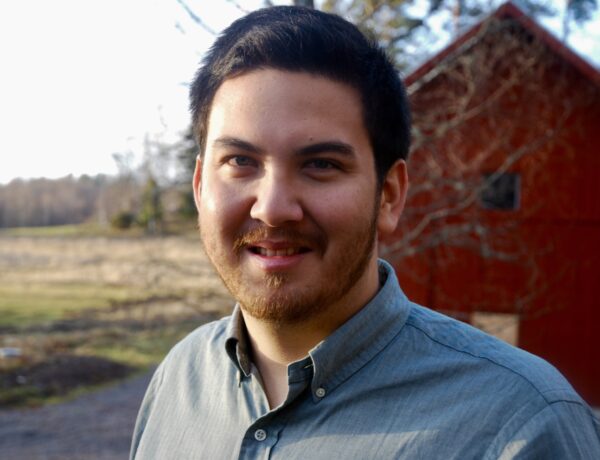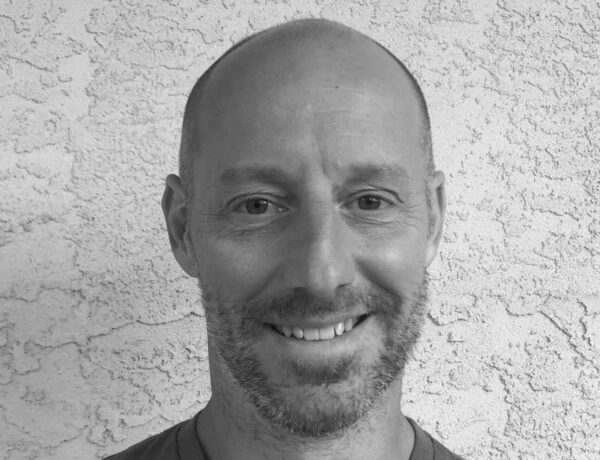Jennifer Maritza McCauley is a writer, poet, and university professor. She has been awarded fellowships from the National Endowment for the Arts in prose, Kimbilio, CantoMundo and the Sundress Academy for the Arts.
She holds an MFA from Florida International University and a PhD in creative writing and literature from the University of Missouri. She has received awards from the Independent Publisher Book Awards, Academy of American Poets and Best of the Net and she has received a Pushcart Prize Special Mention and was a finalist for the Prairie Schooner Book Prize in fiction and long listed for the Aspen Words Prize.
Jennifer, in your latest book, When Trying to Return Home, you explore profound themes of belonging and identity. Could you share what inspired these stories and how you connected them to the experiences of your Afro-Puerto Rican characters?
This collection was a project I worked on and off on since roughly 2009. I started with the story “Last Saints,” a retelling of Little Red Riding Hood set in Southern Louisiana in the 1940s, and from then on I decided I wanted to eventually write a collection that jumped around time, that included the historical and contemporary, that especially amplified Afro-Puerto Rican and Black American voices, the cultures I inhabit.
I wanted the characters to be messy, flawed, searching, frustrated and grasping for self-awareness. As time went on, I looked for through-lines in the collection and saw that “home” and “belonging” occurred in every story so I named the collection after the title story “When Trying to Return Home” (which was originally a poem in my first collection SCAR ON/SCAR OFF.)
In the book, each character faces unique challenges related to love, loss, and identity. How did you develop these characters, and what do you hope readers take away from their journeys?
I often feel like a medium sometimes because I like to channel the voices of characters and transfer those voices to the page. I like finding out what makes my characters tick and toil. For some stories, like “Torsion” I plotted the story out beforehand (thanks to my great professor Lynne Barrett), for stories like “Good Guys” I heard a voice and just let it flow from me.
Other times I used character study sheets and tried to write in the voices of my characters before I actually started the story. Other times I just had an idea and went with it! I hope folks feel as if it’s OK to be in various, searching periods of your life, to not have it all figured out, to be present on your journey. You don’t always need all the answers.
Your work has been celebrated for its vivid portrayal of human experience. When crafting these stories, how do you delve into the psychology of your characters to make them so relatable and compelling?
Thank you, that’s sweet of you. I like to give all of my characters fatal flaws, hamartia, hubris. I want them to seek something but have it obfuscated at every route. I like my characters to go through some sort of internal and external struggle before they can find their footing, if they find it at all. So perhaps that creates the effect of a complicated psyche, if so, that’s what I’m aiming for.
Could you share insights into your daily writing routine? How do you find the balance between your creative writing and your academic responsibilities?
I usually write and read extensively in the summer and during winter break and devote my time to my students during the semester. I do have writing breaks on Saturday afternoons during the semester where I go to a coffee shop in the afternoon and put in several hours of writing. However, if I get inspired or I get bit by the creative bug I’ll drop everything and try to get at least a few words down. The Notes app on my iPhone is especially helpful for that. I also like writing at live shows and jazz clubs, that’s especially invigorating.
Many writers have specific rituals or habits that help them get into the writing zone. Do you have any such practices that assist you in your creative process?
I like an attractive environment. I have an office that I’ve decorated with images of my personal heroes and the art of visual artists I admire and that’s a warm and inviting space. I also like getting out of the house and going to coffee shops and writing.
As someone who has worked extensively in both poetry and prose, how do you shift between these two different modes of writing?
It’s basically like switching between two different brains, one a bit more structured, the other a bit more abstract. But the core of the way I write and my desire to tell stories and pursue evocative language remains in every genre.
How do you handle writer’s block or creative challenges? Are there particular strategies you use to stay inspired and productive?
I talk stories out with my mother and she often gives me great advice and points me in certain directions. I read the genre I’m NOT working in. (For example, if I’m writing fiction I read poetry, when I write poetry, I read fiction.) I work with creative prompts.
If you could have a conversation with any author throughout history about their writing routine or creative process, who would that person be?
I have a few. Toni Morrison, Shusaku Endo, James Baldwin, Mayra Santos-Febres, Marilynn Robinson.
Lastly, I’d love to know about the books you’re reading at the moment. What have been some of your favourite recent reads?
Oooh I love this question. I did a ton of reading last year since I was on many planes for my book tour and got really excited about new releases so these are some of my recent favourites. They’re still fresh in my mind:
Jasminne Mendez’s Aniana del Mar Jumps In, Anjanette Delgados’ Home in Florida, Claire Jiménez’s What Happened to Ruthy Ramirez, Shreerekha Pillai’s Carceral Liberalism, Janelle M. Williams’ Gone Like Yesterday, Decent People by De’Shawn Charles Winslow, Good Night Irene by Luis Alberto Urrea, In the Pink by Nicholas Garnett, Neruda on the Park by Cleyvis Natera, The Dream Builders by Oindrila Mukherjee, Gemini Wahhaj’s The Children of This Madness, Carmen and Grace by Melissa Coss Aquino, Jonathan Escoffery’s If I Survive You, Rion Scott Amilcar The World Does Not Require You, Good Women by Halle Hill, Ariel Francisco’s Under Capitalism If Your Head Aches They Just Yank Off Your Head, What Can I Tell You by Roberto Carlos Garcia, and Tomb Sweeping by Alexandra Chang.
Right at this moment I’m re-reading Gideon by Marilynne Robinson as I read this ten years ago and it stunned me and I wanted to experience it all over again. These books are all straight fire.



No Comments